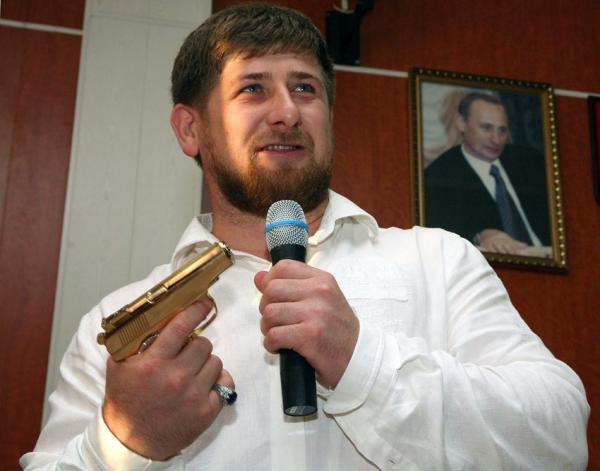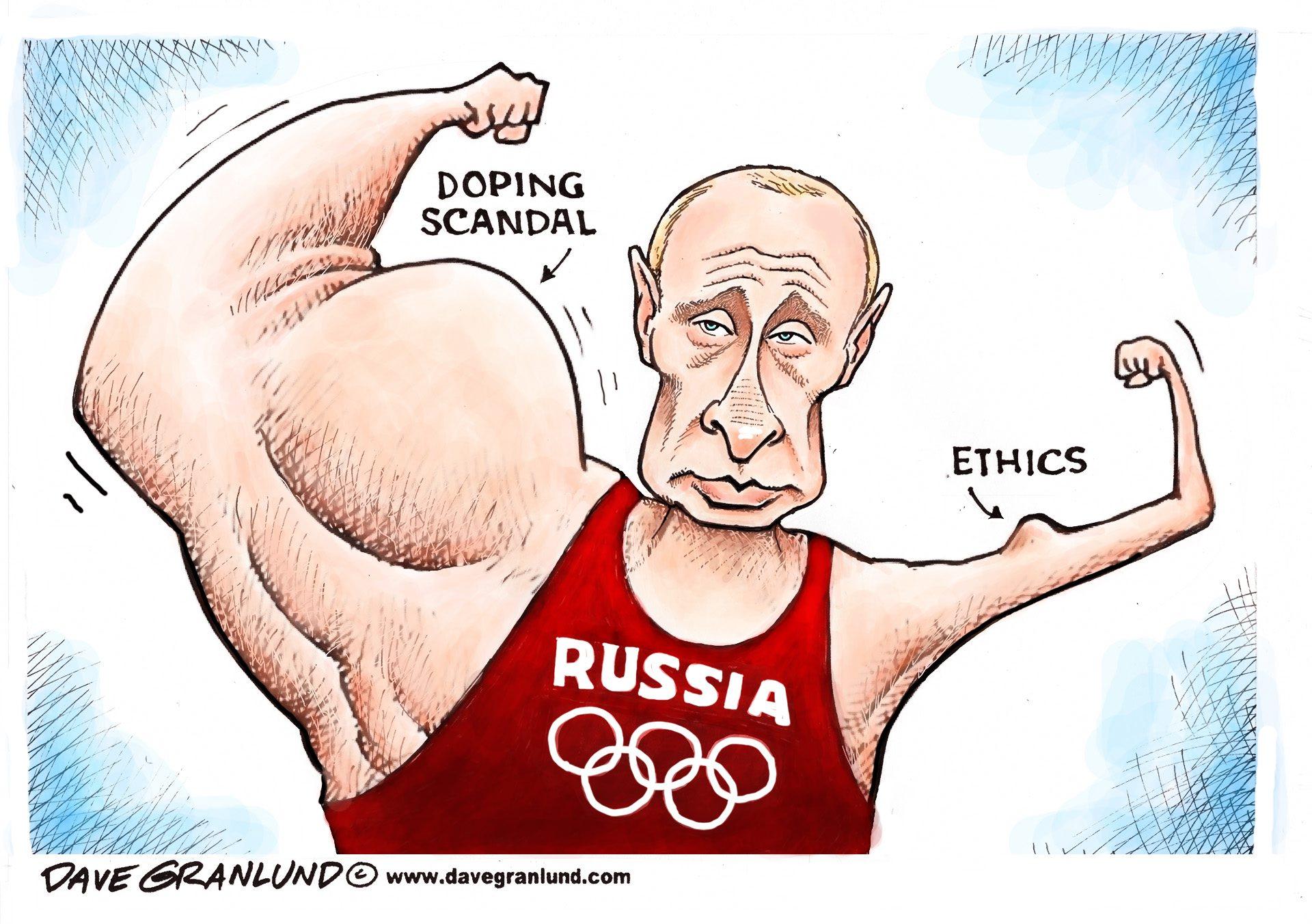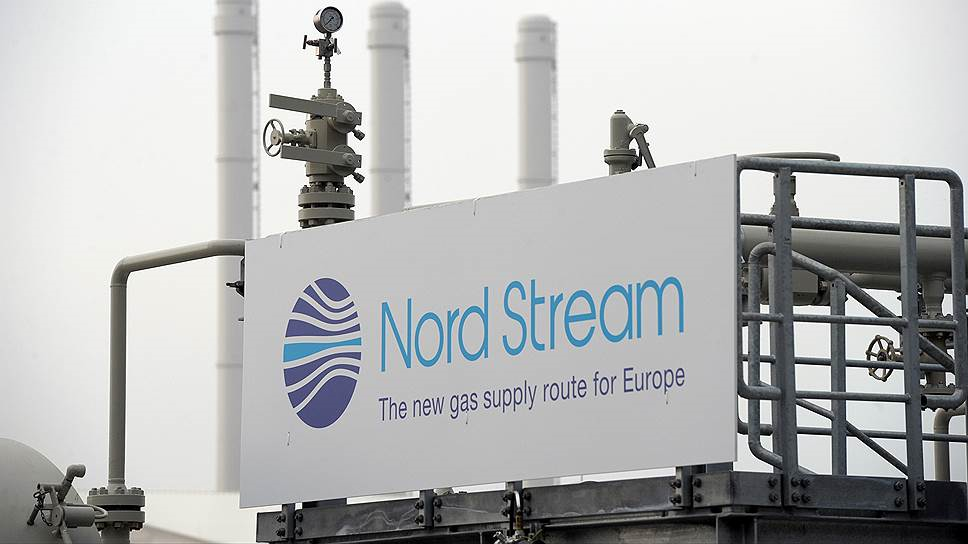Today, Chechnya’s Ramzan Kadyrov is “the face of the Russian political class, the institutional basis of which is the union of the special services and the criminal world which arose already in the 1990s in St. Petersburg” -- and thus represents a leading indicator of the direction in which Vladimir Putin is taking Russia, according to Denis Sokolov.
In today’s “Vedomosti,” the senior researcher at the Russian Academy of Economics and State Service argues that Kadyrov has achieved this status by his intuitive understanding of the implications of the rise of the security services, growing official opposition to dissent, and willingness to act in ways others are not.
As frightening as this is for Russia today, its implications for Russia’s future are even more dire for they suggest that Kadyrov is preparing for a situation in Russia that may resemble either Syria now or Russia during the period of the civil war between 1917 and 1921, a fratricidal war of “all against all.”
Despite all the changes in Russian domestic policy and ideology between the first years of Putin’s rule and now, “Kadyrov has remained in place and not simply remained but is setting the political agenda,” Sokolov says, pointing to Kadyrov’s statement last week that Chechens were fighting in Syria long before Putin began his bombing campaign.

“The struggle with terrorism,” as Kadyrov knows better than anyone else, can be used to cover a multitude of sins because “the border between terrorism and the struggle against it is very conditional.” As a result, he could organize a meeting against the Charlie Hebdo caricatures and “displaying solidarity with the murderers” and then “call on the whole world to fight ISIS.”
According to Sokolov, “everything that at the federal level is only now beginning to be done with the extra-systemic opposition, the head of Chechnya long ago imposed in his own republic and has been actively promoting beyond its borders,” just as he has been “actively exploiting the conflict between official Islam and the Salafites” in the Caucasus.
“As we see,” the Moscow scholar continues, “Kadyrov offers a common recipe for the liberal extra-systemic opposition and the Salafi Muslims.” Moreover, he understands that as the economy gets worse, the black market will grow, and he and his allies will gain new opportunities to extort money from businesses.
Indeed, Sokolov says, “it is already difficult in Moscow to find an automobile repair shop or a restaurant which the Chechens do not or at least are not trying” to exploit in this way. “The struggle for such funds will only sharpen with time.”
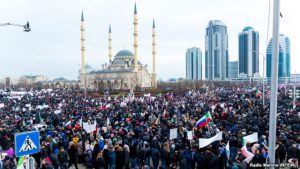
Kadyrov has succeeded in doing so because he always chooses to promote that version of the future “in which he will continue to exist and drags behind himself the entire system” in order to ensure his survival. “A segment of the Russian political elite willingly or not finds itself in one and the same version of reality.”
“Under cover of the struggle with terrorism, the law enforcement system in the North Caucasus and now throughout the entire country is fighting with political competition and dissent,” the result, Sokolov says, of Kadyrov’s calculations and Putin’s interest in going in that direction.
After the second post-Soviet Chechen war, Sokolov says, the rise of the security services meant that “the main instrument of politics in Daghestan, Chechnya and other subjects of the North Caucasus became political terror,” something Russians went along with because of their horror at earlier terrorist attacks.
Now that practice has spread throughout Russia, to Syria and to the Donbas, Sokolov continues; and “Kadyrov today is declaring all this correct and patriotic,” a completely consistent political program … [at least for] those for whom like Kadyrov there is no [apparent] alternative.”
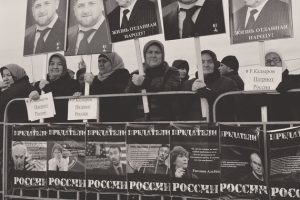
But this trend contains within itself a potential disaster, the analyst continues. He notes that it is “possible to distinguish ‘the small hijra’ of the 2000s when Muslims of the North Caucasus” opposed to the regime went into the forests or moved to other regions and “’the global hijra’ of the 2010s when all those who disagree … were subject to repression.”
This “Islamic migration wave is distinguished first by the fact that the number of supporters remaining in the regions of the exodus is much larger than is the case with the liberal migration and second by the readiness of a large part of the emigres to joint an armed struggle in the motherland if it begins.”
“The North Caucasus and almost the entire Islamic south of the CIS has become a kettle in which the social energy of the liquidation of the collective farms and the destruction of rural communities (jamaats and mahals) has provided restitution and rural revolutions and then urbanization and labor migration into the major cities and oil and gas producing regions.”
Sokolov continues: “the political terror against activists of religious and national rebirth movements fueled both the armed uprising in the mid-2000s and its global reincarnation in the mid-2010s in the form of a flood of political emigres and mujahids.” That in turn promises to intensify conflicts in Russia and lead to a possible “war of all against all.”
Kadyrov understands this and is positioning himself to remain a player. What is not clear, Sokolov implies in conclusion, is whether other figures in the Russian political establishment understand fully what that means for them and for Russia as well.

